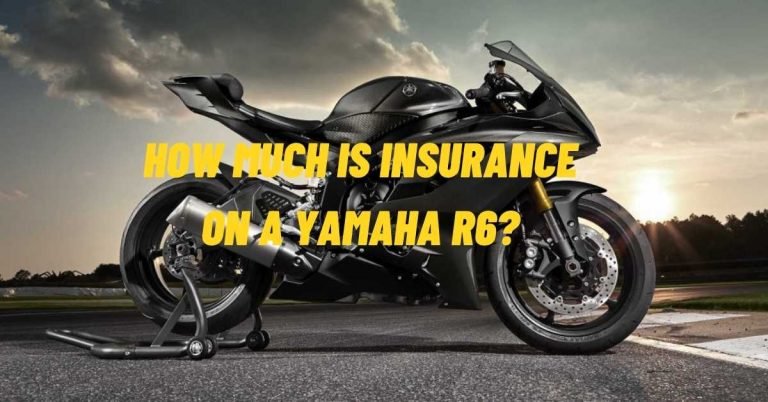Table of Contents
How does permanent life insurance work?
A permanent life insurance policy is designed to last your entire life, from the time you buy it until you die or stop making payments. Most permanent policies today “mature” when the policyholder reaches the age of 121. At that point, the policy ends and the life insurance company pays out the death benefit.
What is covered under term life insurance?
Term life insurance guarantees payment of a stated death benefit to the insured's beneficiaries if the insured person dies during a specified term. Term life premiums are based on a person's age, health, and life expectancy.
What is not covered by term life insurance?
Family health history. Medical conditions. Alcohol and drug use. Risky activities.
Title Insurance 101 | feat. Envision Title
What does Term Life include?
A term life insurance policy is the simplest, purest form of life insurance: You pay a premium for a period of time – typically between 10 and 30 years – and if you die during that time a cash benefit is paid to your family (or anyone else you name as your beneficiary).
What is the benefit of a term life insurance policy?
Term life insurance offers temporary financial protection — usually five to 30 years — for a low, fixed cost. This type of life insurance is best for meeting short-term financial needs, like paying off debts, replacing your income, covering childcare costs and funding your child's education.
Can you cash out permanent life insurance?
Can you cash out a life insurance policy before death? If you have a permanent life insurance policy, then yes, you can take cash out before your death.
How does permanent life insurance pay out?
Permanent life insurance policies offer a death benefit and cash value. The death benefit is money that's paid to your beneficiaries when you pass away. Cash value is a separate savings component that you may be able to access while you're still alive.
“See the People” – how to envision and speak to your avatar with David Duford.
Is it good to get permanent life insurance?
Permanent life insurance is often more complex than term life due to its investment component. And while your policy may build cash value, insurance can be an expensive way to save for retirement. The cost of the insurance is a drag on your investment performance, so you should consider other options first.
Is permanent life the same as whole life?
Permanent life insurance is an umbrella
policies that do not expire. The two primary types of permanent life insurance are whole life and universal life, and most permanent life insurance combines a death benefit with a savings portion.
Can you use life insurance for anything?
It can be used any way you wish,1 including as extra retirement income, through tax-advantaged loans from your policy's cash value. Indexed and variable permanent policies are often used as part of an income strategy.
Create a Plan for Your Insurance Agency | Build The Agency You Envision
What type of things can life insurance help pay for?
Think about how they'll be able to pay for such things as your final expenses, debt, the mortgage, care of a child, or a college education for your kids or grandkids. Life insurance provides them with a sum of money, known as a death benefit.
What are life insurance policies used for?
Life insurance policy benefits can be used to help pay for final expenses after you pass away. This may include funeral or cremation costs, medical bills not covered by health insurance, estate settlement costs and other unpaid obligations.
What things does life insurance not cover?
Family health history. Medical conditions. Alcohol and drug use. Risky activities.
How Living Benefits Work in Life Insurance
Can you take money out of a variable life insurance policy?
For variable life insurance policies, if you withdraw a greater amount of cash value than the total amount you've paid in premiums, you pay taxes on the difference. This also applies if you surrender the policy. You would have to pay surrender charges to make a withdrawal during the first several years.
How do variable life policies work?
A variable life insurance policy is a contract between you and an insurance company. It is intended to meet certain insurance needs, investment goals, and tax planning objectives. It is a policy that pays a specified amount to your family or others (your beneficiaries) upon your death.
Does variable life insurance have a cash value?
Variable life insurance includes a cash value component whose value changes based on: Amount of premiums paid. Fees and expenses charged by the insurance company. Performance of the investments (often similar to mutual funds) tied to the policy.
We All Think We Have Time!!! Get Life Insurance That Includes Living Benefits
Is it good to have variable life insurance?
Variable life insurance policies are considered more volatile than standard life insurance policies and are ideal only for those who can stomach the additional risk. Variable policies have tax advantages whether or not the underlying investments perform well.

